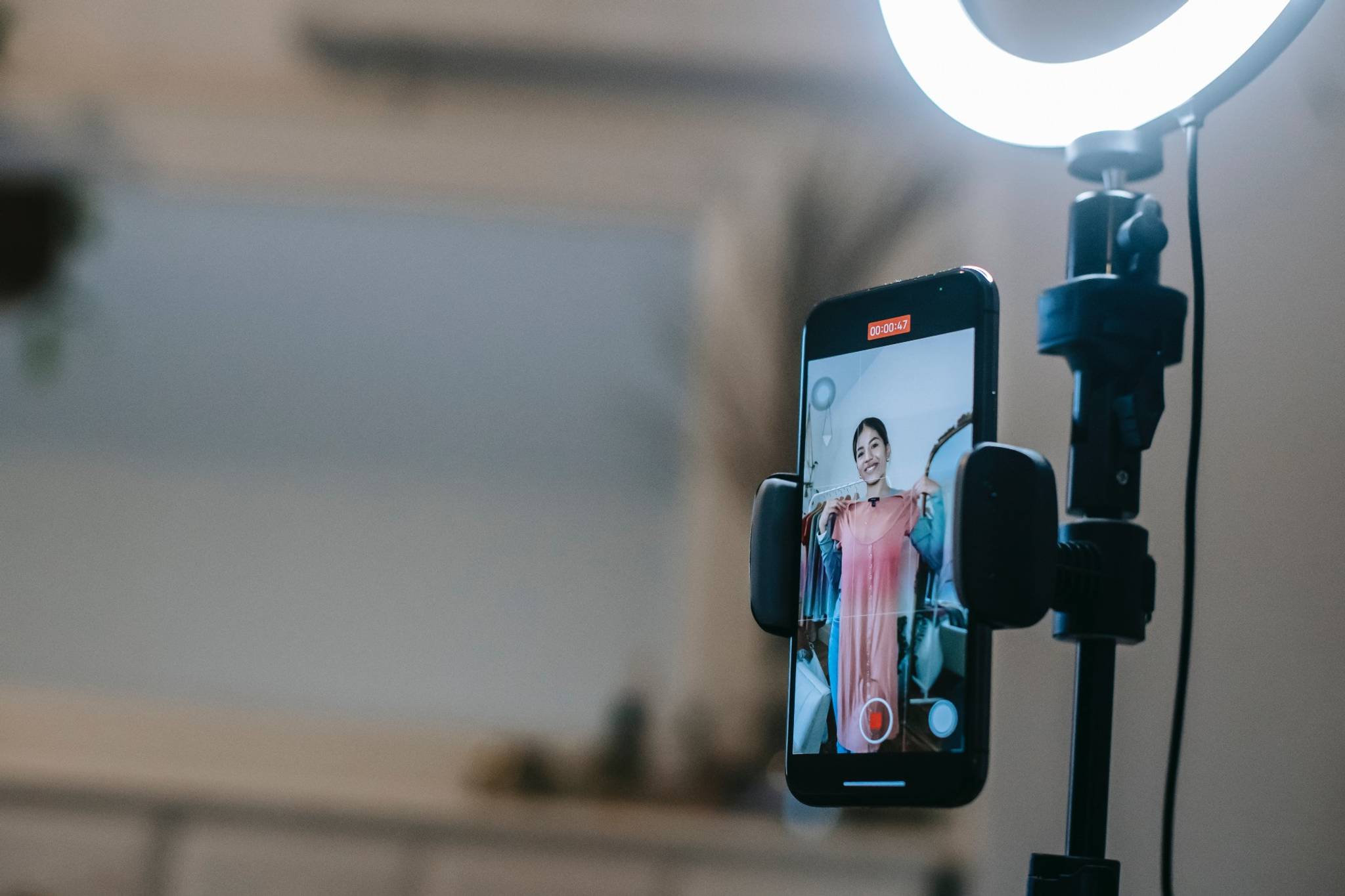
Millions of people are sharing their heartbreak on TikTok, with the hashtag #breakup amassing more than 10 billion views. We explore the insights behind this and how hyper-disclosure has become normalised on social media, with young people increasingly expressing their emotions freely as a form of catharsis.
Broadcasting break-ups on social media is nothing new, but while it used to entail switching your relationship status from ‘in a relationship’ to ‘single' on Facebook, TikTokkers are taking a more involved approach. A brief exploration of the #breakup hashtag on TikTok pulls up emotionally-laden speeches, breakdowns, revenge glow-ups, and savage endings. These types of videos are allowing people to take charge of their life narrative. User @pollypocket1891, for example, shares cooking videos with voiceovers that detail the breakdown of her marriage, including how she found out her husband was having an affair. People have expressed being “heavily invested” in her story.
This unabashed disclosure is part of a wider shift whereby TikTok has shifted how Gen Zers view themselves, with more people feeling like the main characters in their own narratives. Inspired by influencers and reality television, they tell stories in compelling ways that leave people wanting more. But TikTok has also served as a therapeutic creative outlet, especially during the loneliness of the pandemic. Indeed, 20%of people have relied on social media for support, 21% to feel less alone, and 25% to express themselves creatively. As this group continues to prioritise emotional openness online, brands engaging with them in these spaces would do well to remain sensitive to the fact that TikTok is about more than just challenges and dance-offs – it’s a place where Gen Zers feel safe to be themselves.
Precious Osoba is a junior behavioural analyst at Canvas8. Fascinated by the hows and whys of people and culture, she has a background in social sciences and a degree in marketing. You can often find her in aesthetically pleasing restaurants writing articles for her Medium profile.